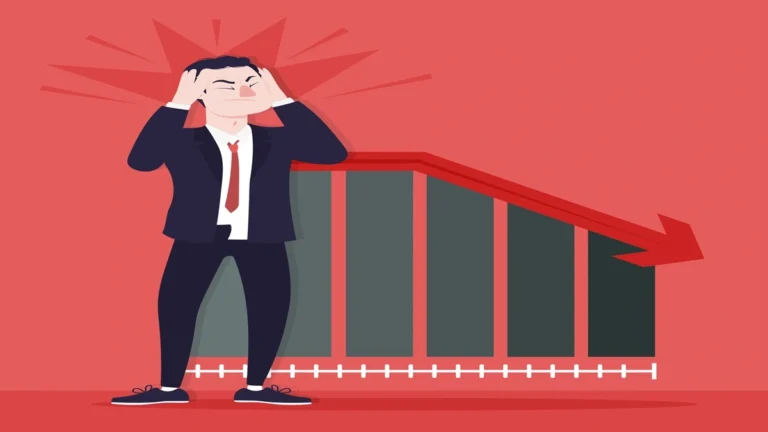Tall Poppy Syndrome in the workplace occurs when high-achieving individuals are criticized, undermined, or resented for their success, much like tall poppies in a field being cut down to match the rest. This phenomenon can poison team dynamics, stifle innovation, and harm morale. Here’s a closer look at TPS in professional settings and how to address it.
Signs of Tall Poppy Syndrome at Work
Undermining Achievements: Colleagues downplay or dismiss a coworker’s accomplishments, like ignoring a successful project or attributing it to luck.
Gossip and Exclusion: High performers may face rumors, passive-aggressive comments, or social isolation.
Sabotage: In extreme cases, peers or even managers may withhold resources, block opportunities, or criticize unfairly to curb someone’s rise.
Pressure to Downplay Success: Employees feel compelled to hide their achievements to avoid standing out.
Why It Happens
Jealousy or Insecurity: A coworker’s success can highlight others’ perceived shortcomings, triggering resentment.
Cultural Norms: In workplaces emphasizing uniformity or “team spirit” over individual excellence, standing out is discouraged.
Poor Leadership: Managers who feel threatened by talented subordinates may subtly or overtly suppress them.
Competitive Environments: Hyper-competitive cultures can foster a zero-sum mindset, where one person’s gain feels like another’s loss.
Impacts on the Workplace:
Reduced Productivity: High performers may hold back, leading to less innovation and output.
Toxic Culture: TPS breeds mistrust, resentment, and disengagement among teams.
Talent Loss: Talented employees may leave for environments where their contributions are valued.
Mental Health Toll: Targeted individuals may experience stress, self-doubt, or burnout.
Strategies to Combat TPS
Foster a Supportive Culture: Leaders should celebrate achievements publicly and encourage collaboration over competition.
Set Clear Expectations: Transparent promotion and reward systems reduce perceptions of unfairness.
Encourage Open Dialogue: Create safe spaces for employees to address jealousy or conflict constructively.
Mentor and Uplift: High achievers can share knowledge and mentor others, reducing resentment and building team unity.
Lead by Example: Managers must model humility and fairness, ensuring no one is penalized for shining.
For Employees Facing TPS
Stay Focused: Keep your goals in sight and don’t internalize unfair criticism.
Seek Allies: Build relationships with supportive colleagues and mentors who value your work.
Communicate Tactfully: Share successes modestly to minimize friction while still advocating for yourself.
Document Achievements: Keep a record of your contributions to counter undermining narratives.
Tall Poppy Syndrome in the workplace undermines talent and teamwork. By fostering a culture that celebrates success, encourages fairness, and addresses envy head-on, organizations can create environments where everyone thrives. Let’s lift each other up, not cut each other down.




